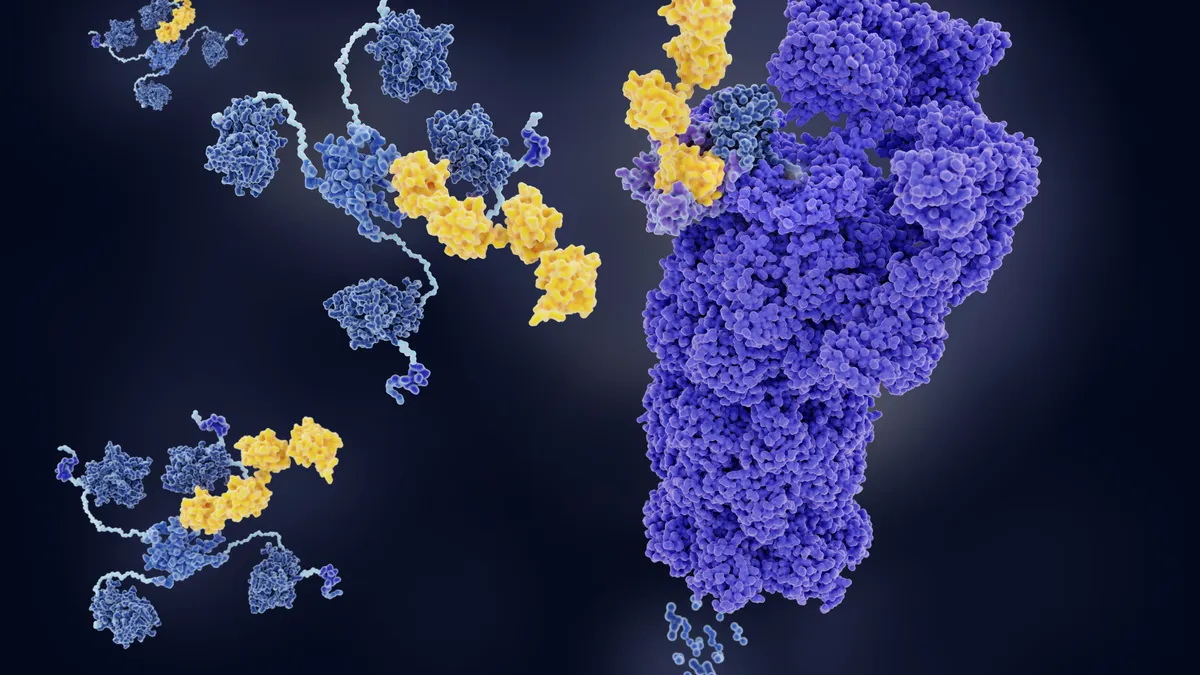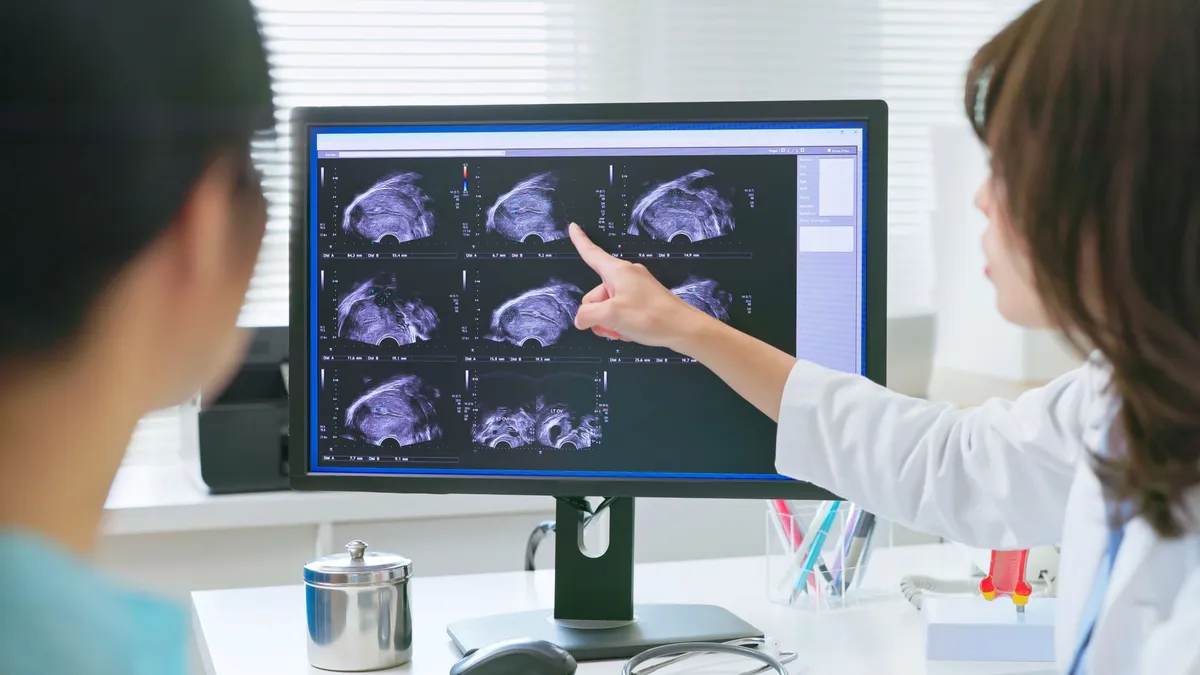In 2021, when Genentech researcher and team leader Rami Hannoush was looking to leave his job at the South San Francisco biotechnology giant, an acquaintance reached out with a question.
The acquaintance was Jim Wells, a professor at the University of California San Francisco who had helped found Genentech’s protein engineering department. His lab at UCSF had researched ways to trigger a cell’s destruction of harmful proteins. Would Hannoush be interested in translating that work into potential medicines?
Hannoush, who joined sovereign fund Mubadala Capital as a partner that year, was intrigued. Protein degradation was an emerging field and had steadily gained the attention of pharmaceutical companies. It’s seen as a potential approach to combat a range of diseases, including cancers and neurodegenerative conditions.

A year and a half later, Hannoush is interim CEO of EpiBiologics, a San Mateo, California, biotech startup attempting to develop protein degraders that can treat disease targets which historically have been considered out of reach. On Wednesday, the company revealed a $50 million Series A round, which it says will help bring its “atlas of tissue-specific degrader antibodies” into the clinic.
“We are recreating this process by using synthetic antibodies and leveraging these to go after disease-causing proteins on the cell surface,” said Hannoush, who cofounded EpiBiologics with Wells.
Drugs often work by binding to specific proteins, inhibiting their function by holding them tightly. But many proteins can’t be easily reached by researchers’ go-to drug types, making treating the associated disease more challenging.
With protein degradation, a signaling molecule “tags” a harmful protein, marking it for destruction. Cells then eliminate the entire target, potentially producing a longer-lasting therapeutic effect. Wells’ research focused on one enzyme involved in this process, called membrane E3 ligases, as well as cytokine receptors.
Wells compared EpiBiologics’ approach to a garbage truck with a route running from the cell surface to the lysosome, a compartment in the cell that can break down cellular trash.
“In general, this field of targeted protein degradation takes two different paths,” Wells said. “One is inside the cell. You can recruit dump trucks to a protein of interest inside the cell, and that dump truck will then deliver it to the proteasome for degradation.”
The other path involves “extracellular” dump trucks that transport cellular trash to the lysosome. “That's a different compartment in the cell, but it's also involved in protein degradation,” said Wells.

Early biotech research on protein degradation has found some success, but has run into limitations, too. EpiBiologics hopes to expand how they could be used by focusing on targets both in or outside the cell membrane, rather than only intracellular proteins.
The company has not specified which diseases it intends to go after first, but the company’s early focus will be on cancer and autoimmune disease, Hannoush said.
Hannoush is joined by chief scientific officer Shyra Gardai, a former executive at Seagen. The company currently employs around 20 people and operates out of a 13,000-square foot office in the San Francisco Bay Area.
Polaris Partners joined Mubadala Capital in leading EpiBiologics’ Series A, with participation from Vivo Capital and GV. The financing will help the team expand and build its platform, with plans to enter the clinic in a couple years, Hannoush said.
EpiBiologics will have competitors. Recently launched startups working in the space include Halda Therapeutics, co-founded by serial entrepreneur Craig Crews. Other, more established companies in the field include Kymera Therapeutics, C4 Therapeutics and Nurix, which have raised a combined $565 million in their respective initial public offerings, according BioPharma Dive data.
Meanwhile, companies like Entact Bio, run by former Sanofi executive Victoria Richon, are exploring twists on the idea, looking for ways enhance, rather than degrade proteins, by tinkering with the same cellular process.
Pharmaceutical firms are partnering with biotech startups, too. Eli Lilly has invested in a number of startups that are exploring how to break down harmful proteins, while Pfizer has struck a deal with Arvinas, another publicly traded company trying to target breast cancer with protein degraders.
Editor’s note: This story has been updated to further describe Entact Bio’s work.















